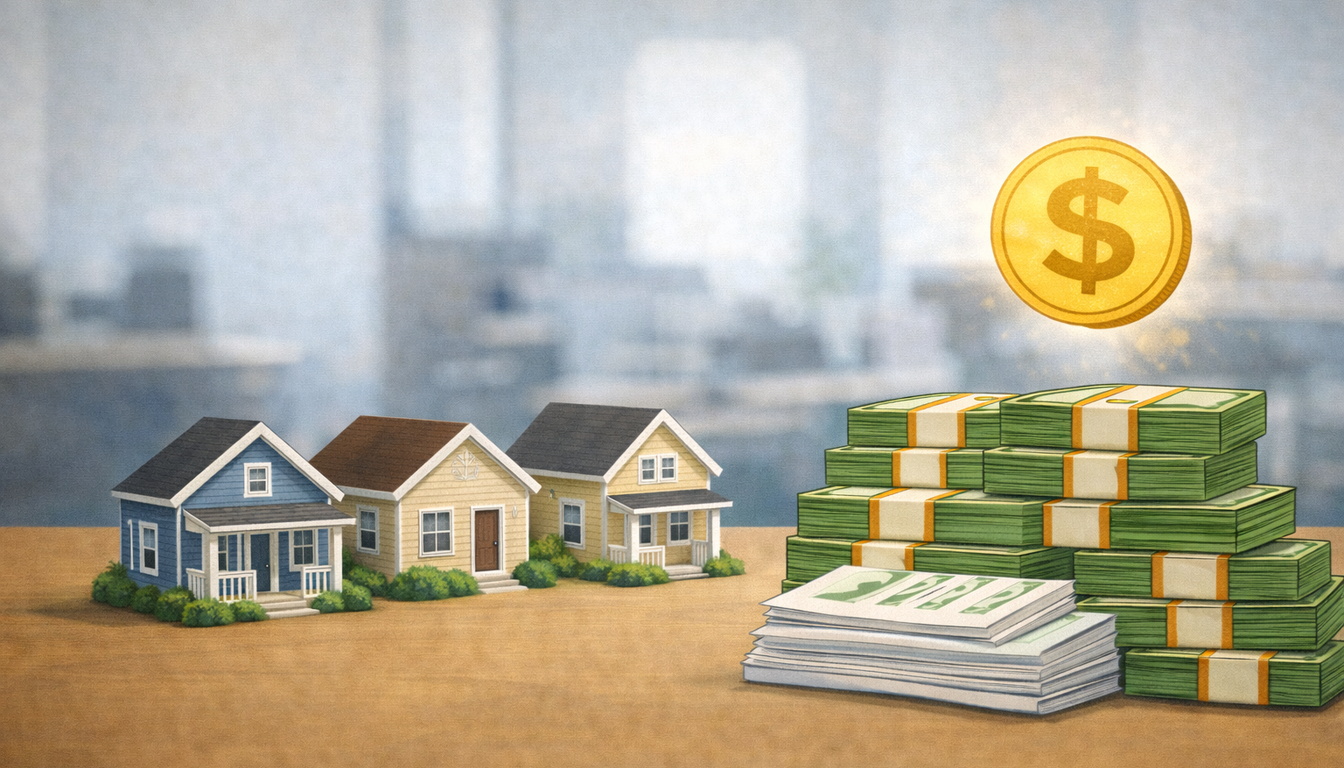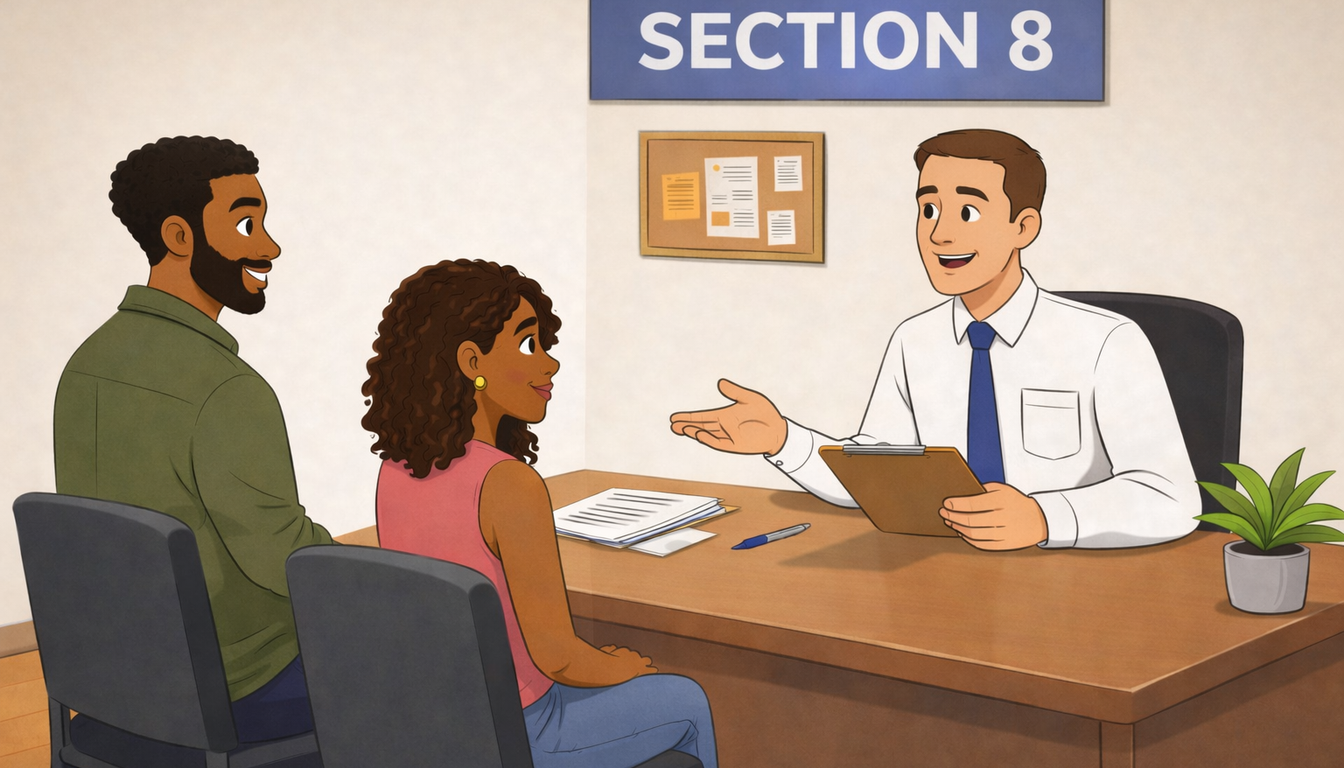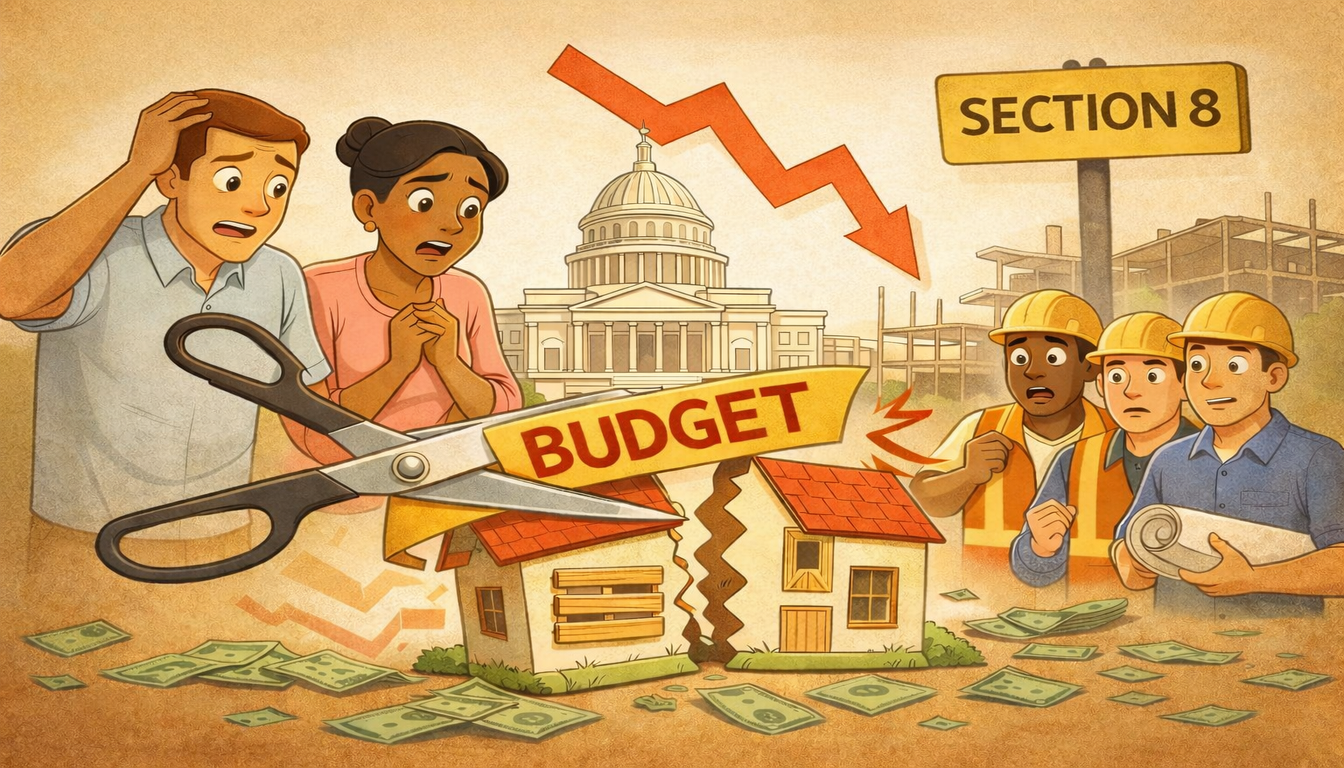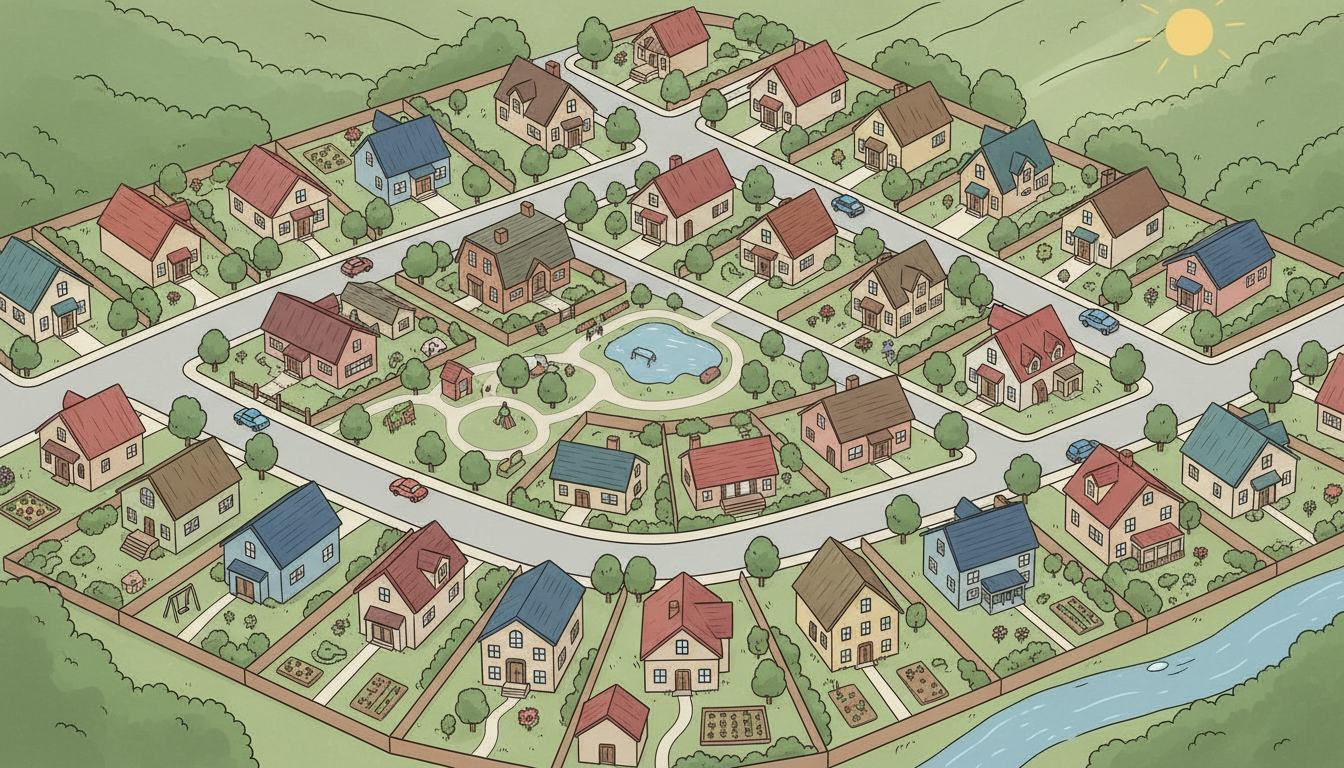
The first step to getting affordable housing is filling out a pre-application. This is how housing authorities learn about your needs and decide if you qualify for housing programs. One part many people miss is choosing the right properties. Before you send in your form, it’s crucial to know which homes work best for you based on location, size, and personal needs.
This guide will help you prepare for your pre-application, choose the right properties, and explain why this is so important. For many PHA’s this is different than your actual Section 8 Housing Choice Voucher application, so it’s very important to get your pre-application right as well.
What Is a Pre-Application for Affordable Housing?
Think of the pre-application as your first step to getting affordable housing. It’s a form that helps housing agencies gather basic details about you, like your income, family size, and housing needs. This gets you on the waiting list for affordable housing.
One important part of the pre-application is choosing the properties you’re interested in. Different agencies have different housing options, such as tax-credit units, HUD-assisted apartments, or regular-priced homes. Knowing which type of housing fits your needs can really help.
Why Choosing the Right Housing Is So Important
Picking the right properties during your pre-application helps the agency match you to the best home. If you choose places that don’t fit your family’s size, income, or location needs, you might wait longer for a place that doesn’t suit you.
Here’s why selecting the right housing matters:
- Location: Is the home close to work, school, or transport?
- Size: Does it have enough bedrooms for your family?
- Property Type: Do you qualify for specific housing, like tax-credit apartments or HUD-assisted units?
By selecting the right properties, you’ll increase your chances of getting a home that suits your needs.
Getting Ready for Your Pre-Application
Filling out the pre-application can seem overwhelming, but it’s easier if you’re prepared. Here’s what you’ll need:
- Household Info: Names, birthdates, and relationships of everyone living in the home.
- Income Proof: Details about income for everyone in the house.
- Property Choices: Research the available properties so you know which ones to pick.
- Special Needs: If someone in your household has a disability or is over 62, have documentation ready.
- Contact Info: Make sure your phone number and address are current so the housing agency can reach you.
How to Pick the Right Properties
Choosing the right properties is key to a successful pre-application. Housing agencies offer different types of homes, such as:
- Tax Credit Properties: These are income-based and offer lower rent, but the waiting list can be long.
- HUD-Assisted Properties: These properties are federally subsidized, meaning the government helps cover some of your rent.
- Market Rate Properties: These units are available at regular market prices but might have specific benefits, like location or amenities.
Make sure the properties:
- Fits your household size (number of bedrooms).
- Is in a convenient location for work, school, or public transportation.
- Offers amenities you might need, such as accessible units for those with disabilities.
If you apply for the right property, your chances of getting housing that fits your needs go up, and you’re less likely to face issues when you finally move in.
What Happens After You Submit Your Pre-Application?
Once you’ve submitted your pre-application, you’ll be put on a waiting list. How long you wait depends on the demand for the property and the type of housing you applied for. Some properties have shorter lists, while others might take a while to open up.
While you’re on the waiting list, make sure to:
- Keep your contact information up to date: If the housing agency can’t reach you, they may remove you from the waitlist.
- Update your income information if there are changes.
- Respond quickly to any requests from the housing agency.

Common mistakes to avoid while pre-applying
It is pretty tricky to apply for affordable housing, and a lot of people make simple mistakes that delay things. Here are some common mistakes to avoid that can help you quicker and much more smooth through the process:
Not Researching the Properties
One major mistake is poor research of the properties you are applying for. Some individuals go down a list and check off random boxes without any thought to whether they will be a good fit for their needs. Instead, tailor your list to match up with what you need in a family size, needs, and locations. This can prevent you from being placed on a long waiting list for a property that doesn't work for your family.
Not Including All Necessary Information
Forgetting to include key details on your pre-application is another common mistake. You have to make sure you will complete all sections of the form. Lack of information such as income details or family size could easily delay or get your application rejected.
Failure to Update Contact Information
Similarly, if your phone number or address changes, you will need to let the housing agency know right away. If they can't reach you, they may remove you from their waitlist. One of the simplest mistakes to avoid and one of the most common.
Many people procrastinate and wait until the last minute to pull their documents together, thus delaying them. If you have everything ready, such as proof of income and identification, you will speed up the process and make it so much less stressful.
Application for Housing You Don't Qualify for
Sometimes they apply for a housing unit that does not apply to them. For example, applying for a large unit when a small one would better fit the applicant's need-based on household size, income levels, and any other specific needs. Take homes that you pick so that you have a better chance at getting approved quickly.
You avoid a whole load of headache by avoiding these errors, and this way you'll be sure that you try your best to find the right home for your needs in pre-application.
Not Having Renters Insurance
Most landlords won't even think about a tenant without renter's insurance. Renter's insurance keeps them protected in the event their tenant causes a fire or other major damage to their property, and also renters insurance keeps the tenant and their belongings protected as well. It's vary hard to find a landlord who will rent without the applicant having renters insurance, so getting this taken care of ahead of time will speed up the process of getting into a new home.
Credit and Affordable Housing
Even if you're eligible for affordable housing, you might still need to think about your credit score. Many landlords run credit checks, even if you have a Section 8 voucher or another form of rent assistance. Don't let your credit score ruin your Section 8 chances! By improving your credit, you can show landlords that you're reliable when it comes to paying bills.
FAQ: Pre-Applications for Affordable Housing
1. What is a pre-application?
It’s the first step to getting on the affordable housing waitlist. It gives housing agencies basic info about you and your housing needs.
2. Can I apply for multiple properties?
Yes, many housing agencies let you apply for more than one property at a time.
3. How long will I be on the waiting list?
It depends on the demand for the property you applied for. Some lists move faster than others.
4. What info do I need for the pre-application?
You’ll need details about your household, income, and any special needs.
5. What if I don’t qualify for a property?
If one type of housing doesn’t work, try another. There are often different programs available.
6. Does my credit score matter?
Yes, many landlords check credit scores. Improving your credit can boost your chances.
By preparing in advance and selecting the right housing, you'll make the pre-application process much smoother and increase your chances of getting into a unit that fits your needs. Affordable housing is possible with the right steps!
Navigating the Section 8 housing process can feel overwhelming, and that's where Section 8 Search comes in. We're more than just a listing website; we're a dedicated resource designed to make finding housing under the Housing Choice Voucher Program straightforward and stress-free. Our platform offers user-friendly tools to explore listings and waiting list statuses nationwide, all built on official HUD data. We're also passionate about providing clear, helpful information and guidance, empowering you with the knowledge you need to understand eligibility, complete your application, and confidently navigate your housing journey.






.png)
.png)
.jpg)



.png)
.png)
.png)





.png)